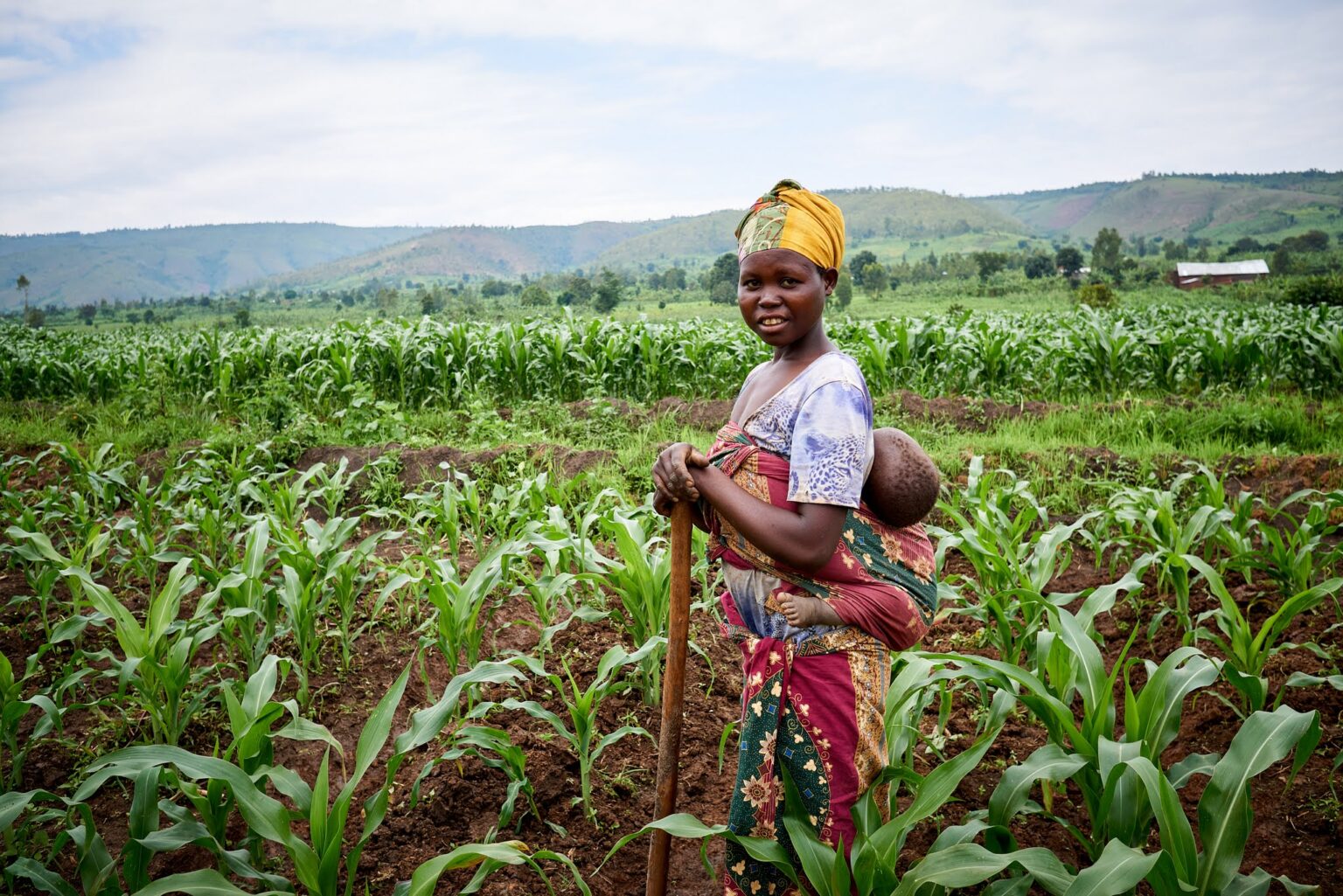The FAO’s report reveals that rural women, the poor, and older populations bear the brunt of climate change impacts, suffering greater income losses due to extreme weather events.
As the specter of climate change looms large, its impact reverberates across the globe, affecting communities in profound and unequal ways. In a recent report by the Food and Agriculture Organization of the United Nations (FAO), the stark reality of climate-induced economic disparities is laid bare. Particularly concerning is the disproportionate burden borne by rural women, people living in poverty, and older populations, whose resilience in the face of extreme weather events is undermined by systemic inequalities.
Understanding the Unjust Climate: The FAO’s Unjust Climate report underscores the harsh realities faced by rural women in rural areas of low and middle-income countries (LMICs). Alarmingly, female-headed households in these regions experience significantly greater financial losses due to climate stressors compared to their male counterparts. On average, these households lose 8% more income to heat stress and 3% more to floods, amounting to staggering annual losses of $37 billion and $16 billion, respectively, across all LMICs.
Disparities Amplified for rural women:
The report reveals that a mere 1°C increase in average temperatures could exacerbate the income disparity between women and men, resulting in a 34% greater loss for female-headed households. This inequality is compounded by existing gaps in agricultural productivity and wages, threatening to widen the economic chasm between genders in the years ahead.
Economic Vulnerability Across Socioeconomic Strata:
Climate impacts extend beyond gender, permeating socioeconomic strata and age demographics. For impoverished rural households, the fallout from extreme weather events is particularly devastating, with losses averaging 5% higher than their better-off neighbors. Additionally, older populations face heightened vulnerability, as limited mobility restricts their ability to escape the impacts of climate change.
Challenges to Adaptation:
The report underscores the multifaceted challenges hindering rural populations’ capacity to adapt to climate change. Discriminatory norms and policies perpetuate gender disparities, limiting women’s access to resources, land rights, and decision-making power. Moreover, inadequate investment in social protection and advisory services leaves vulnerable communities ill-equipped to cope with climate-induced shocks.
Policy Imperatives for Change:
Amidst these challenges, the FAO report emphasizes the urgent need for targeted interventions to empower rural populations and address climate vulnerabilities. Critically, national climate plans must prioritize inclusivity and resilience, integrating gender-responsive measures to support women’s empowerment and adaptation efforts.
FAO’s Call to Action:
FAO Director-General QU Dongyu underscores the imperative for substantial financial resources and policy attention to address rural people’s vulnerability to climate change. Inclusive climate actions, embedded within FAO’s strategic frameworks, offer a pathway towards sustainable development and resilience-building in the face of climate uncertainty.
Key Recommendations and Insights: The report offers a series of policy recommendations to guide inclusive climate action, including:
- Investing in programmes that address the multidimensional vulnerabilities of rural populations, with a focus on resource access and empowerment.
- Strengthening social protection schemes and linking them to climate adaptation measures to support vulnerable communities.
- Promoting gender-transformative methodologies to challenge discriminatory norms and enhance women’s agency in economic decision-making.
Conclusion:
The FAO’s Unjust Climate report serves as a clarion call for concerted action to bridge the gender gap and empower rural communities in the face of climate change. By prioritizing inclusivity, resilience, and gender equality, stakeholders can pave the way for a more equitable and sustainable future amidst the evolving climate crisis.
